Organic matter is a large proportion of the waste we create in our business and home lives and is typically sent to landfill. However, what happens to organic matter in landfill is a complex process that poses significant risks to the environment.
The Process of Organic Matter Decomposition
Organic matter decomposition occurs in a landfill through a process known as anaerobic breakdown. This process occurs when organic matter is buried in a landfill and is deprived of oxygen. As a result, the organic matter is broken down by anaerobic bacteria, which produce methane, carbon dioxide, and other gases, including hydrogen sulfide, carbon monoxide, and volatile organic compounds (VOCs).
Methane Production
Methane gas is one of the byproducts of anaerobic breakdown. This gas is highly flammable and contributes to climate change as a potent greenhouse gas. In fact, methane has a global warming potential that is 28 times greater than carbon dioxide. Its production in landfills can be a significant contributor to greenhouse gas emissions.
Hydrogen Sulfide Production
Hydrogen sulfide gas is another byproduct of anaerobic breakdown. It is a colorless gas with a characteristic rotten egg odor. Hydrogen sulfide is highly toxic and poses health risks, such as respiratory issues and eye irritation. It can also contribute to the corrosion of metals and the deterioration of infrastructure.
Carbon Monoxide Production
Carbon monoxide gas is produced during anaerobic breakdown. It is a colorless and odorless gas that is highly toxic to humans and animals. Carbon monoxide reduces the blood's ability to carry oxygen and can cause symptoms ranging from headaches and dizziness to unconsciousness and death.
Volatile Organic Compounds (VOCs) Production
Volatile organic compounds (VOCs) are a group of gases that are released during anaerobic breakdown. These compounds include various organic chemicals that can have harmful effects on human health and the environment. VOCs can contribute to air pollution and the formation of smog, and they have been associated with respiratory issues and other health problems.
Leachate Production
Leachate is produced during the anaerobic breakdown of organic matter in landfill through a process called percolation. When organic matter in the landfill decomposes, it produces liquid, which can contain a variety of harmful compounds, including heavy metals, pathogens, and organic pollutants. This liquid, along with rainwater that infiltrates the landfill, percolates through the waste and collects at the bottom of the landfill in a collection system. This collection system is designed to remove and treat the leachate before it can contaminate surrounding soil and water sources.
Sounds Bad...
It is. It's important to understand the consequences of processing organic waste in landfills. Production of methane, hydrogen sulfide, carbon monoxide, VOCs, and the production of leachate are all part of a larger problem of a throw-away convenience culture that transfers the cost of these conveniences to the environment.
To minimize the negative impact of organic waste, it's important to embrace sustainable waste management practices, such as vermiculture and composting, that can help reduce the amount of waste sent to landfill and promote a healthier environment.



